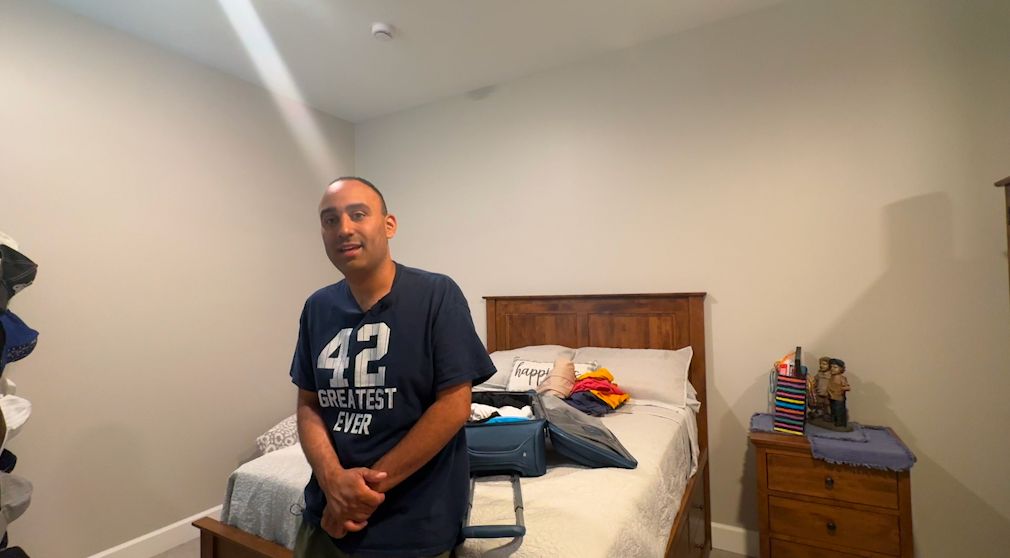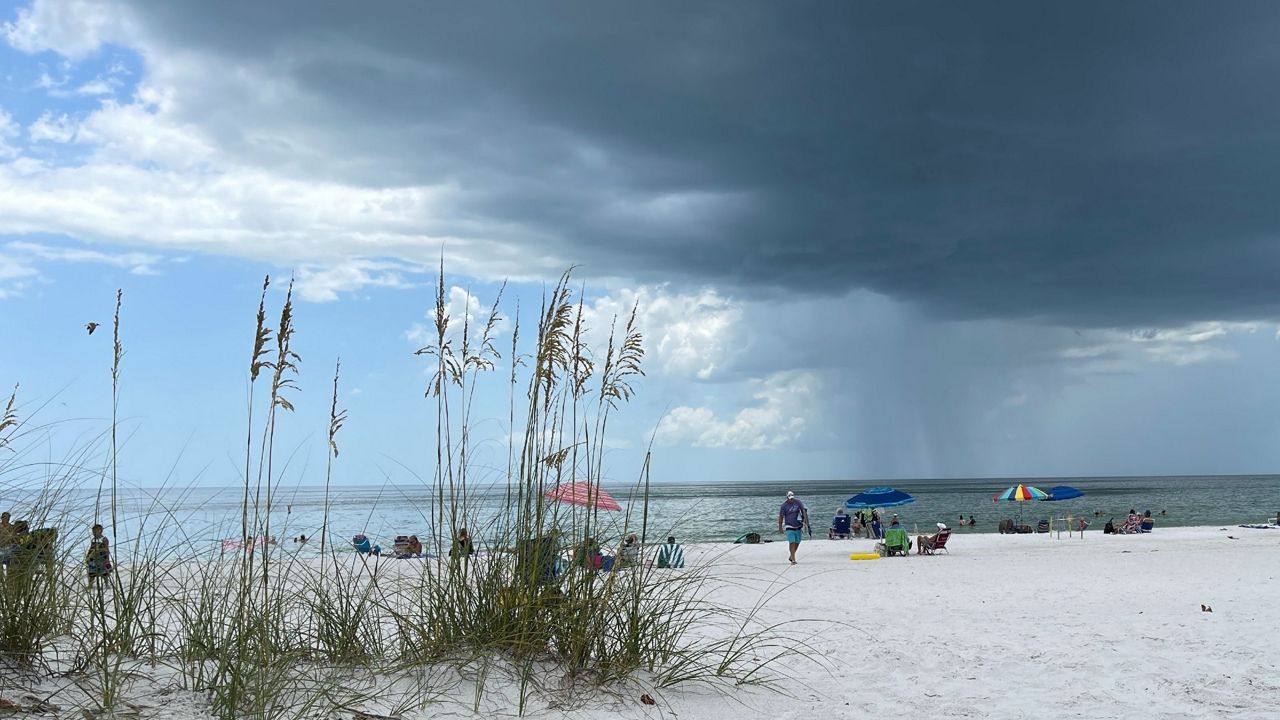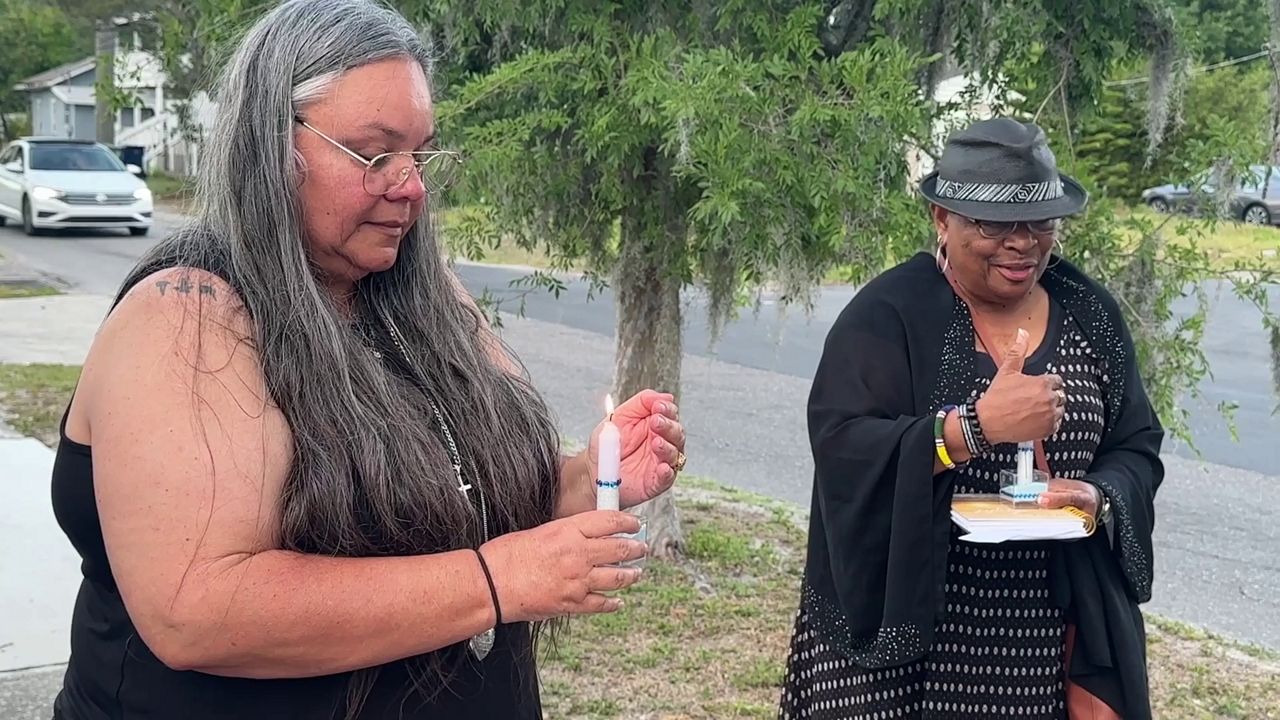TAMPA, Fla. — A bill that would have created a streamlined system for reporting contaminated waterways and swimming spots was vetoed by Gov. Ron DeSantis.
House Bill 165, also known as the Safe Waterways Act, was one of roughly a dozen bills that DeSantis ultimately axed following the 2024 legislative session.
The purpose of the bill was to create a statewide process managed by the Department of Health to issue closures and send warnings if bacteria levels in waterways reached unsafe amounts. It would also require that warning signs be put up and closures to be put into place within 24 hours of the issue being known.
In a letter explaining his reasoning for the veto, DeSantis stated the bill suffered a “fatal infirmity”.
“Health Departments like DOH can serve a valuable function, but they should not be vested with the power to supersede local jurisdictions regarding the operation of beaches. I have made water quality and protecting Florida’s natural resources a priority, and my administration will continue to do so, but this grant of power to DOH over Florida beaches is ill-advised,” he wrote.
Evan Orellana with the Surfrider Foundation was frustrated over the decision. He got a serious infection last year after spending a day in the water, then saw double-red warning flags being flown at the same beach the next day.
He said he feels there needs to be more funding for water quality testing, to increase frequency to more than biweekly reports. He also is pushing for a faster and more streamlined reporting system so people, like himself, know if they’re swimming in a bacteria-ridden area.
“The goal behind that was to reduce the amount of red tape needed to get that warning out. I talked to my city after getting sick and they had known there was high bacteria hours before, but it just took almost an entire day to get the different departments and get that information into the guards' hands to put up the flag,” he said. “I think that’s the main idea to giving the authority to a department to shut down something, just so we can speed that up.”
Orellana said he hopes the next legislative session provides a different outcome. His hope is the state will soon have a system to issue a public health advisory almost immediately if a water body fails to meet water quality standards.
“I think the one good part out of this is at least we know what the issue was with the bill so we can work on it, better it, and push hard for it next year,” Orellana said.
The bill had bipartisan support and was voted on unanimously by both the Florida Senate and House.









